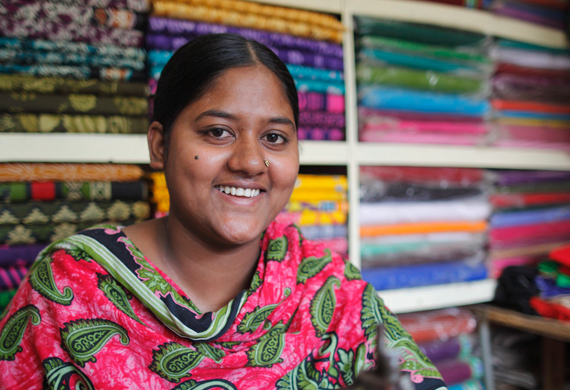
Why
Studies show that young people want to start businesses, yet the established business rate among adults is substantially higher than it is for youth. This implies that young people face higher barriers to entrepreneurship than adults, and there is a need for better policies aimed at enabling young entrepreneurs to realize their ambitions. Youth-led enterprises also primarily employ their peers, which could potentially catalyze more quality job creation in an enabling environment.
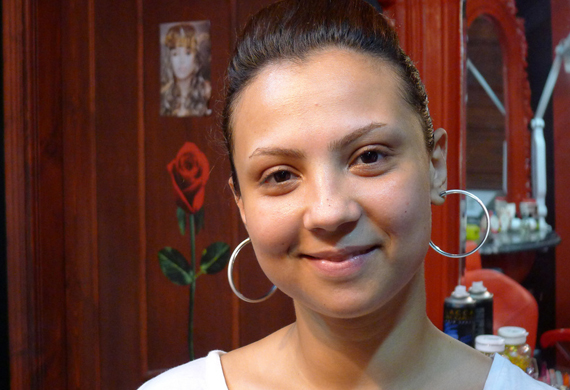
What
Decent Jobs for Youth focuses on supporting the development of policies, regulations and institutions that enable and encourage the creation of youth-led enterprises. To tackle weak skills and knowledge transfer, it is crucial to foster peer-to-peer support networks. Improving access to adequate information, training, finance and technology can help lift many of the obstacles that prevent young people from succeeding in business.
Who
The ILO, ITC, UNCDF, UNCTAD and UNIDO lead on this thematic priority. Decent Jobs for Youth brings together a growing number of partners who are committed to unleashing the potential of youth entrepreneurship and self-employment through fostering enabling environments and improving access to productive assets.


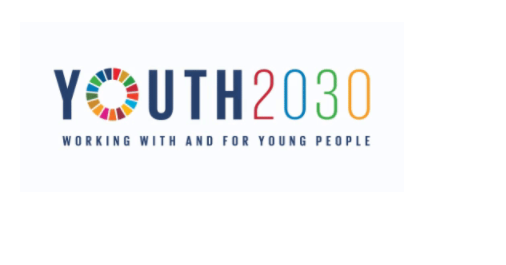

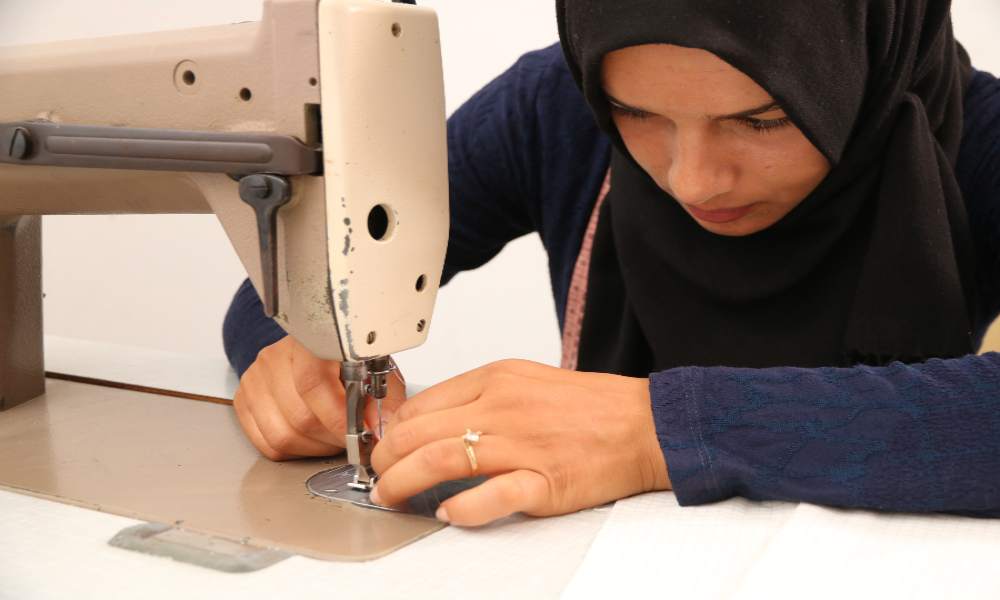
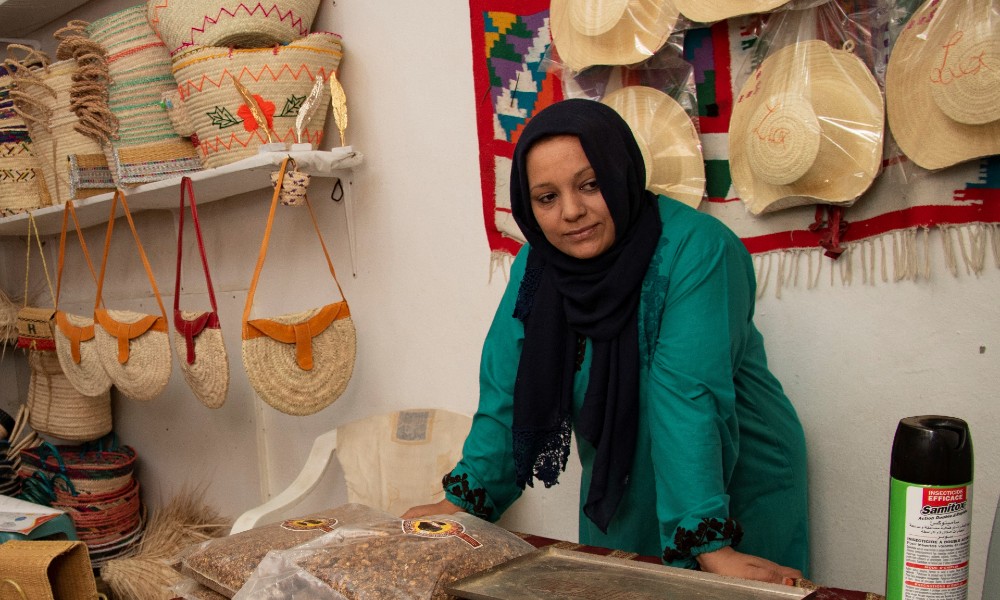


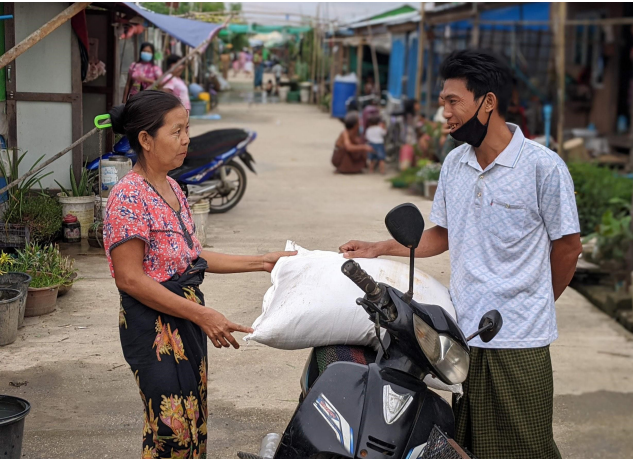
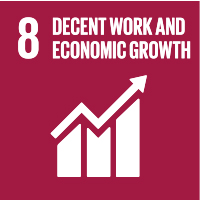
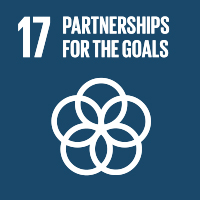
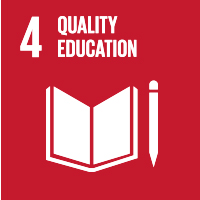
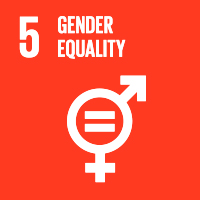





Youth engagement in the UNCCD
The commitment focuses on UNCCD's Youth Engagement Strategy (YES) and related activities. The Strategy envisions empowered youth actively engaging in policies and integrating youth voices in decision-making; the commitment will foster participation and partnerships, providing financial and technical support for young people and building capacity and networking to inspire them to pursue meaningful and sustainable careers.
O365 Portfolio \"Sport, Education and Livelihoods\"
Olympism365, spearheaded by the IOC, builds a better world through sport by bringing together social impact initiatives and diverse organizations under one shared vision. It’s sport for sustainable development. Sport for common good. Sport for a better world. Everyday. Everywhere.The Olympism365 Portfolio "Sport, Education and Livelihoods," led in Latin America and the Caribbean and Europe by Fundación SES, aims to further young people’s transferable and social-emotional skills as well as their access to education, employment and entrepreneurial opportunities through the implementation of Sports for Development programs, capacity building, and thought and policy leadership under innovative partnership and association networks.